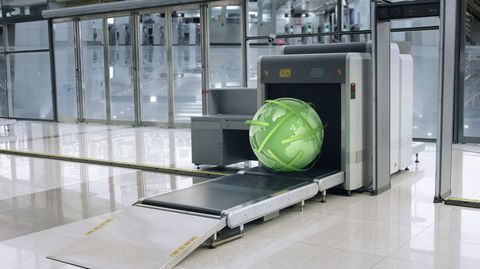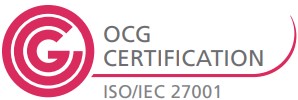The introduction of new contactless customs procedures at some Indian ports has resulted in many vital shipments facing unexpectedly long delays, the country's pharmaceutical industry has warned.
Since the implementation of the Central Board of Indirect Taxes and Customs' Faceless, Contactless, Paperless Customs initiative at certain ports, companies have faced long waits for clearances, which has led to heavy demurrage charges, Express Pharma reports.
In some cases, consignments are having to wait as long as 20 days for approval, compared with two to three days before the new system came into operation.
As a result, the pharma sector is calling on the government to waive all demurrage charges until the system is fully implemented.
A source at Mumbai port told the publication that one of the issues is customs officers are not familiar with the new process, which is intended to improve the ease of doing business by allowing key documents to be communicated electronically.
However, officials are said to be unwilling to assess shipments using the system and are demanding the submission of additional documentation before processing shipments.
Dr Dinesh Dua, chairman of Pharmexcil, said: "The prime minister Narendra Modi, along with the finance minister and minister of state, are trying their best to ensure ease of doing business, but the ground reality is absolutely contrary, particularly in customs.
"The basic essence of digitalisation leading to faceless assessment seems to have been completely neutralised, at least for the time being."
He added that the delays and charges are not only leading to losses in the medical and pharmaceutical sectors, but also creating significant shortages of equipment, which is particularly problematic during the Covid-19 pandemic.


